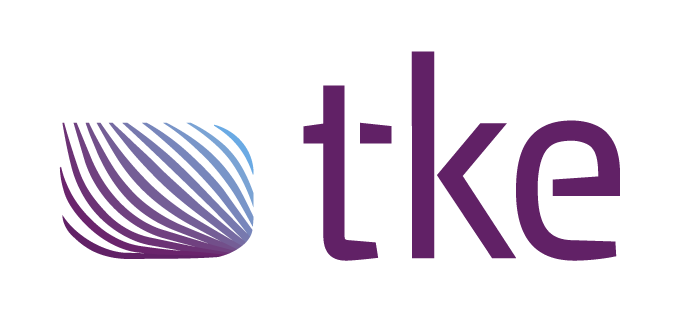Can J1939 be used in energy sector automation?
In the world of industrial automation, communication protocols are key to ensuring efficient and reliable operations. One such protocol that has gained prominence is J1939. Understanding its role and potential applications can greatly benefit those in the energy sector looking to enhance their automation capabilities.
What is J1939 and how does it function?
J1939 is a set of standards defined by the Society of Automotive Engineers (SAE) for communication and diagnostics among vehicle components. Originating in the automotive industry, J1939 facilitates the exchange of information between different electronic control units (ECUs) within a vehicle. Its robust design allows it to handle the complex communication needs of modern vehicles.
Technically, J1939 operates over a Controller Area Network (CAN) bus, which provides a reliable and efficient means of communication. The protocol is structured to allow for the seamless integration of various components, making it adaptable for use in other sectors such as energy automation. By leveraging its ability to provide real-time data transfer and diagnostics, J1939 can be effectively used to manage and automate energy systems.
Why consider J1939 for energy sector automation?
The energy sector can greatly benefit from implementing J1939 due to its robustness and scalability. The protocol’s design supports the integration of multiple components, allowing for streamlined communication across different systems. This interoperability is crucial in energy management, where varied devices and systems must work in harmony.
Moreover, J1939’s real-time data capabilities ensure that energy systems can be monitored and controlled with high precision. This leads to improved efficiency in energy consumption and management. By adopting J1939, energy sector companies can enhance their operational efficiency, reduce downtime, and ensure a more reliable energy supply.
How does J1939 compare to other protocols used in energy automation?
When comparing J1939 to other protocols like Modbus, DNP3, and IEC 61850, each has its strengths and specific applications. Modbus is widely used for its simplicity and ease of implementation but lacks the real-time capabilities and robustness of J1939. DNP3 is another protocol known for its reliability over long distances, yet it may not offer the same level of real-time communication as J1939.
IEC 61850 is specifically designed for electrical substations and offers comprehensive communication capabilities for power systems. However, J1939 stands out for its adaptability across various sectors, including energy, due to its established framework and integration ease with CAN bus systems. This makes J1939 a compelling choice for those looking to adopt a versatile and robust protocol within energy automation.
What are the challenges in implementing J1939 in the energy sector?
Despite its benefits, implementing J1939 in the energy sector does come with challenges. One potential issue is the technical compatibility with existing systems that may not support CAN bus communication. This requires a thorough assessment and potential restructuring of current systems to accommodate J1939 integration.
Operational challenges also arise in the form of training personnel to understand and manage the J1939 protocol effectively. Ensuring that the workforce is equipped with the necessary skills to handle J1939-based systems is crucial for a smooth transition. Additionally, the complexity of integrating J1939 with other protocols used in the energy sector can pose compatibility issues during the implementation phase.
What solutions does TK Engineering Oy offer for J1939 integration?
At TK Engineering Oy, we specialize in providing solutions that facilitate the integration of J1939 into energy sector systems. Our services include comprehensive control system design, testing, and troubleshooting to ensure seamless compatibility and performance. We leverage our extensive experience in CAN bus technology to deliver innovative and reliable solutions tailored to the unique needs of the energy sector.
Our product development services focus on creating scalable automation solutions that enhance the efficiency and reliability of your energy systems. We also offer specialized training to equip your team with the skills needed to manage J1939-based systems effectively. By partnering with us, you can overcome the challenges of J1939 integration and unlock the full potential of your energy management systems.



